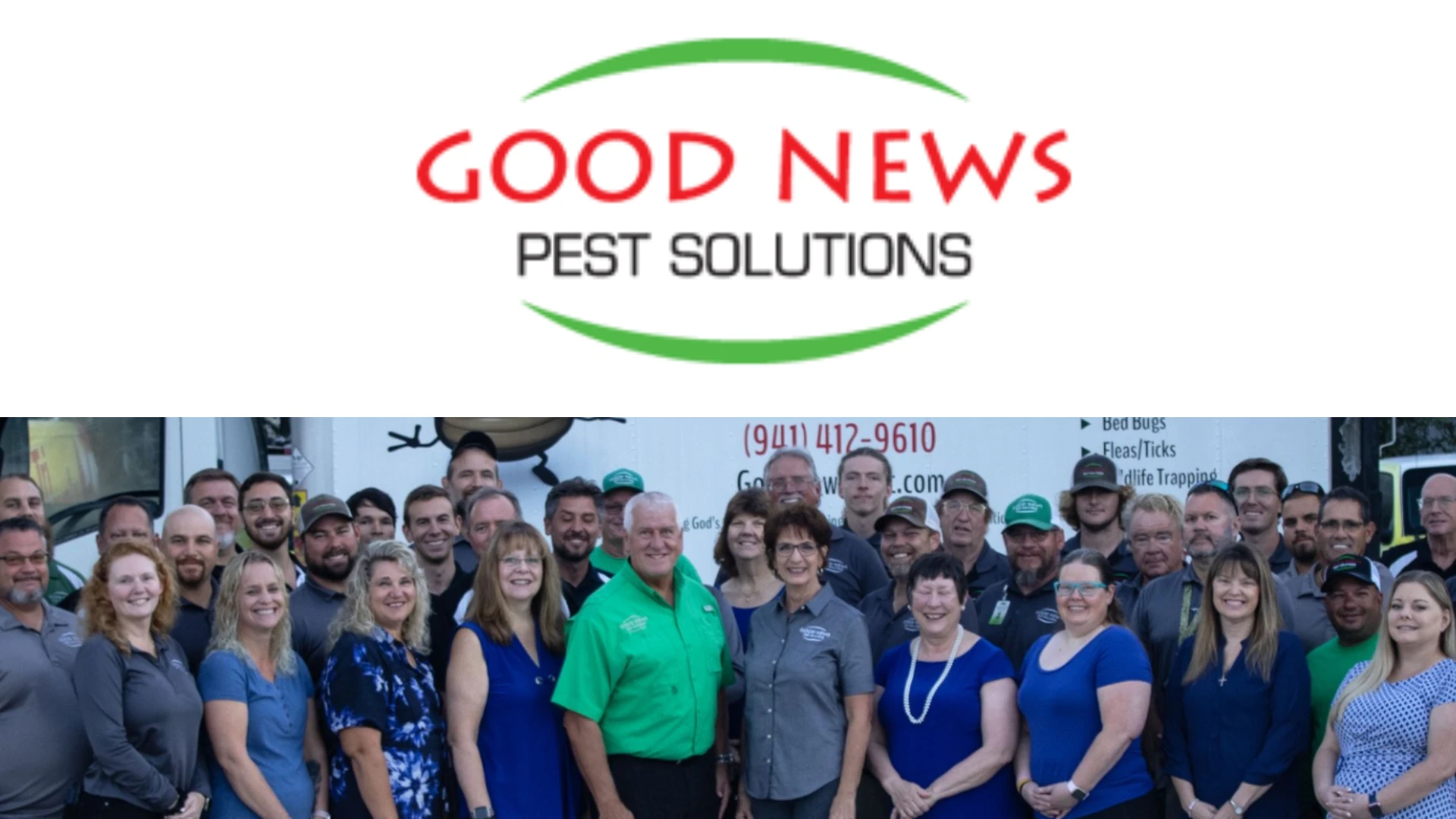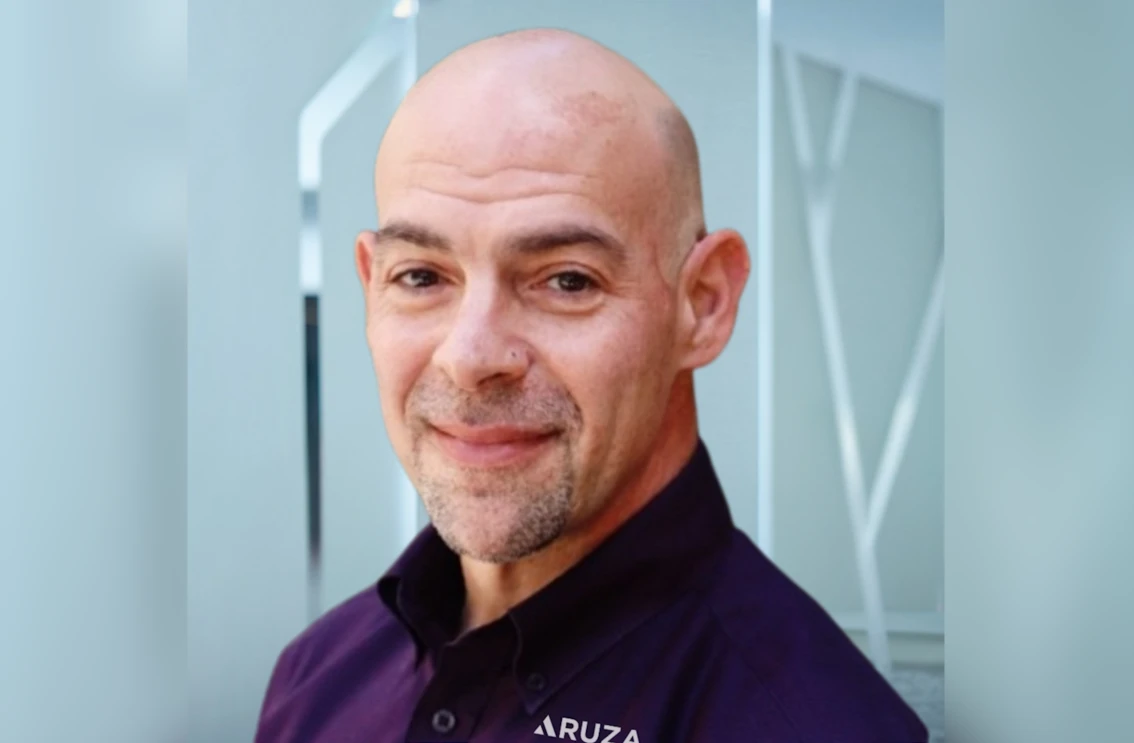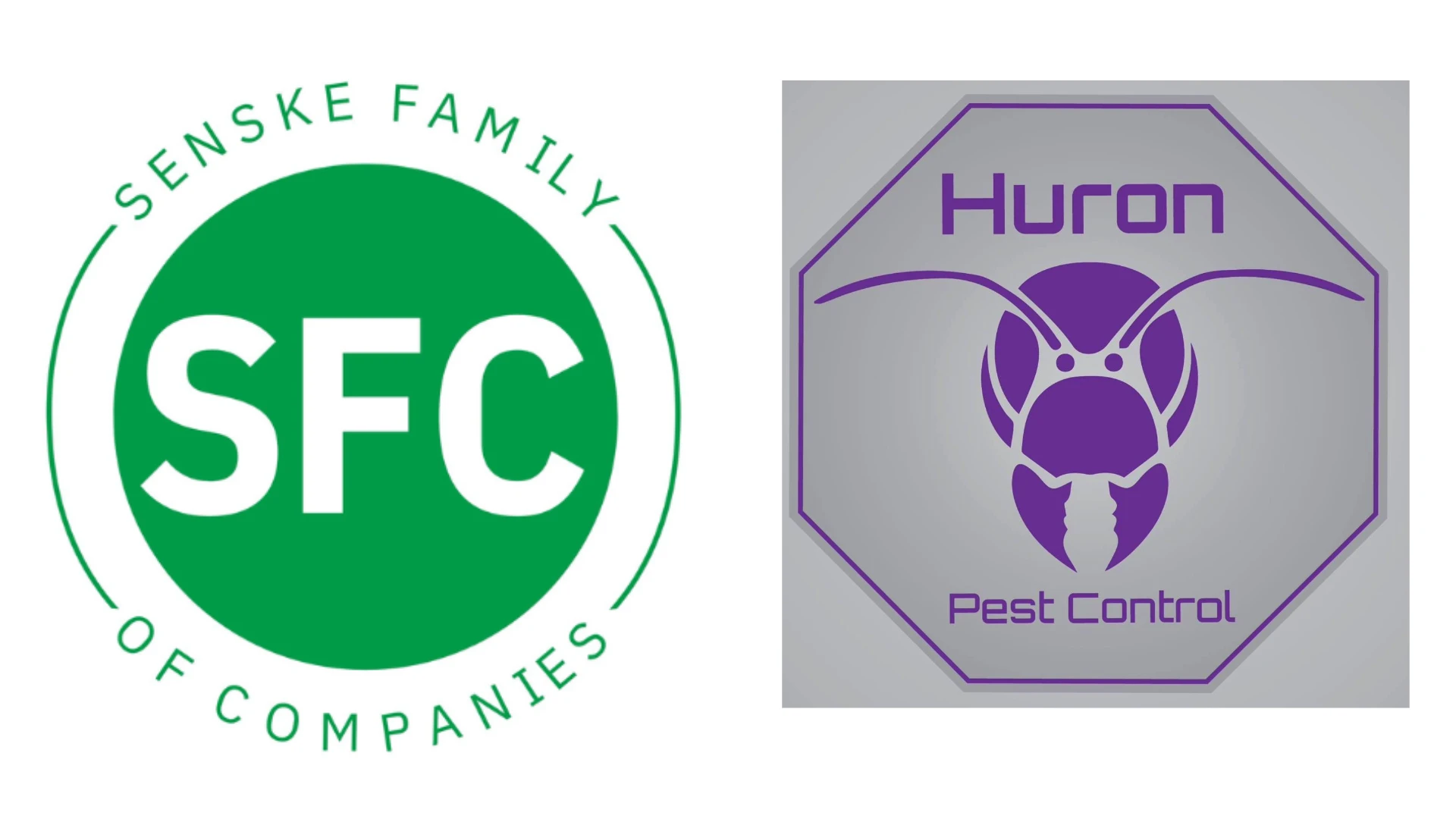 In Augusta, Ga., Advanced Services is well known not only for our pest and termite services but also for earning customer and team member loyalty. Community service is an important part of our corporate culture, and our team members regularly demonstrate our devotion to our customers and all of the communities in the Central Savannah River area. We have built a culture in which every one of the 40 employees in our three offices is committed to giving his or her best — both on the job and off.
In Augusta, Ga., Advanced Services is well known not only for our pest and termite services but also for earning customer and team member loyalty. Community service is an important part of our corporate culture, and our team members regularly demonstrate our devotion to our customers and all of the communities in the Central Savannah River area. We have built a culture in which every one of the 40 employees in our three offices is committed to giving his or her best — both on the job and off.
It wasn’t always this way. When we first opened our doors in 1986, we hired anyone interested enough to apply. Sometimes we were fortunate and landed outstanding talent; other times, we paid the price for not being more selective. Years later, after we had built a stronger reputation, we found ourselves attracting a growing number of qualified applicants. That’s when we became savvy about our hiring process. As we’ve fine-tuned our approach to building an exceptional team, we’ve developed the following list of dos and don’ts that work for us:
DO have a written statement clearly defining your company culture. The most important lesson we’ve learned is that, in matters of personnel, company culture trumps everything else. A person might have all the right skills and experience, but if they won’t uphold your standards of integrity, service and commitment, then they’re not a good addition to your firm.
DO send applicants a pre-interview letter with the critical requirements of the position. We find that this list, which covers areas such as physical requirements and tobacco and drug policies, weeds out about 75 percent of applicants before we invest face-to-face time with them.
DO have a top-notch, legally approved application form. Taking this step protects you and helps ensure you’re collecting all required information.
DO establish objective, measurable, stringent qualification guidelines. Go through a checklist of these qualifications and be prepared to explain why each is important to the position.
DO develop a list of 10 questions that will offer you insight into the candidate’s knowledge and values. To get to the values portion of this conversation, ask “Why do you think … ?” or “What would you do … ?” questions. Our favorite? “Why do you think we’re so strict about keeping our workplace drug-free?”
DON’T base selection on another company’s assessment of the candidate. Just because an individual worked for a major pest control firm for 10 years doesn’t necessarily mean that he or she is a good fit for your company. Do your own evaluation to assess the candidate’s knowledge, expertise and potential for working effectively within your corporate culture.
DON’T hire for the wrong reasons. Offering a position to a friend or relative who needs a job may be a kind gesture, but it’s not a smart business move. You risk making an unqualified person a representative of your business and harming morale among the other employees. Other “wrong reasons” to hire? The candidate “seems nice” (without other qualifications) or “is good-looking” (alternately, we’ve heard of some candidates’ being rated poorly because they were considered too good-looking and “might distract the other employees”). Objectivity is critical to hiring the right candidates.
DON’T go with the cheapest labor. If a candidate has low expectations for pay, there’s likely a reason. The lowest-paid employees can become the most expensive in the long run, whether it’s because their productivity isn’t up to par, their service is lacking and/or you end up having to replace them.
DO trust your gut. Even if a candidate’s credentials check out and they talk a great game, if you have a nagging feeling that something is out of line, dig deeper. When we’ve hired employees in spite of these doubts, we have inevitably been disappointed in some aspect of their performance down the road.
DO give candidates the opportunity to shadow an employee before you make them an offer. For both field and office personnel, we require any finalist to shadow someone holding a similar position. This helps the candidate understand our expectations, operations and culture, and gives us the opportunity to gauge how well this person might fit within the organization. (Is he constantly texting instead of paying attention? Does she have a friendly demeanor even after an eight-hour workday?)
DO develop a comprehensive onboarding program. Thorough training and orientation are vital to your new employees’ success.
DO fire quickly. When you hire employees who don’t work out (it can happen no matter how careful you are), fire them quickly before they begin to erode the morale and reputation of your firm. A positive, productive environment is key to your success.
Final Thoughts. Recruitment excellence is vital to building and maintaining business. At Advanced Services, we’ve learned to take hiring seriously, and we reap the rewards every day. Our employees are happy, our team member turnover is among the lowest in the industry, and customer satisfaction continues to grow into customer loyalty.

As told to PCT contributor Donna Defranco.
WANT MORE?
Enter your email to receive our newsletters.

Explore the May 2012 Issue
Check out more from this issue and find your next story to read.
Latest from Pest Control Technology
- Webinar: Employee Incentives — Going Beyond the Annual Raise
- Pest Control Companies Helping Neighbors in Need Eradicate Bed Bugs
- Why Does Marketing Feel So Opaque?
- How Did This Pest Get Its Name?
- Rose Pest Solutions Honors Top Performers with Annual Chief’s Club Awards
- Doug Foster on Termite Control Equipment, Resources
- Pest Control Consultants Acquires EcoGuard Pest Control
- Pest Index Increased 9 Percent YOY in February





